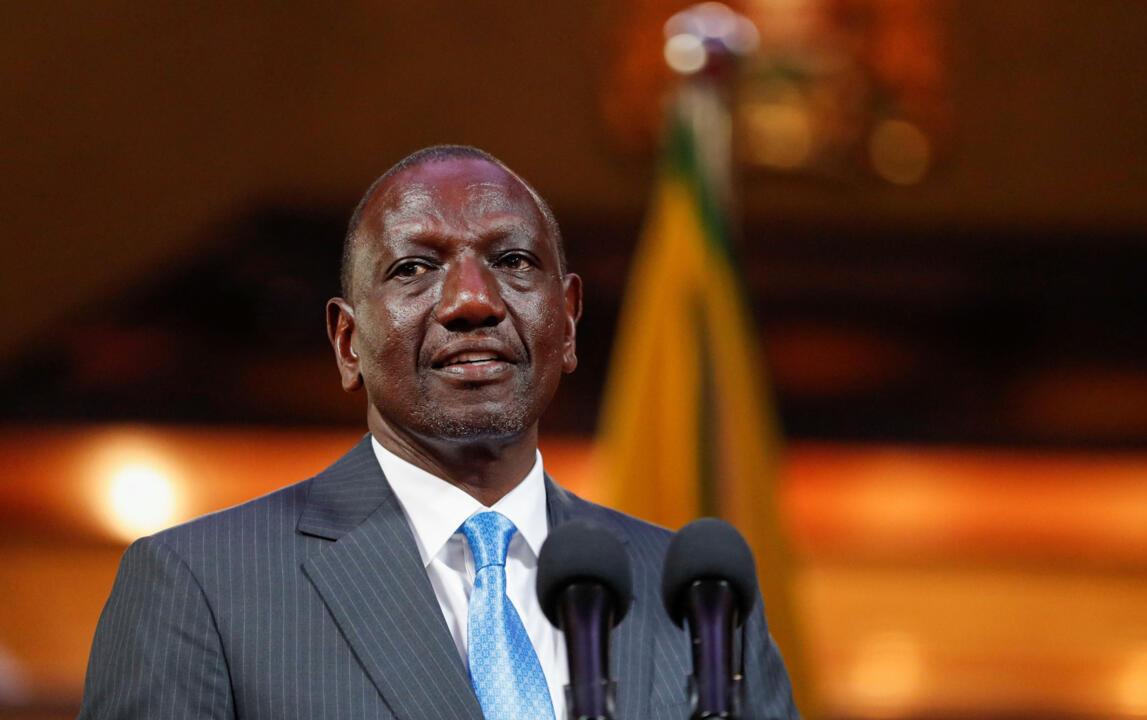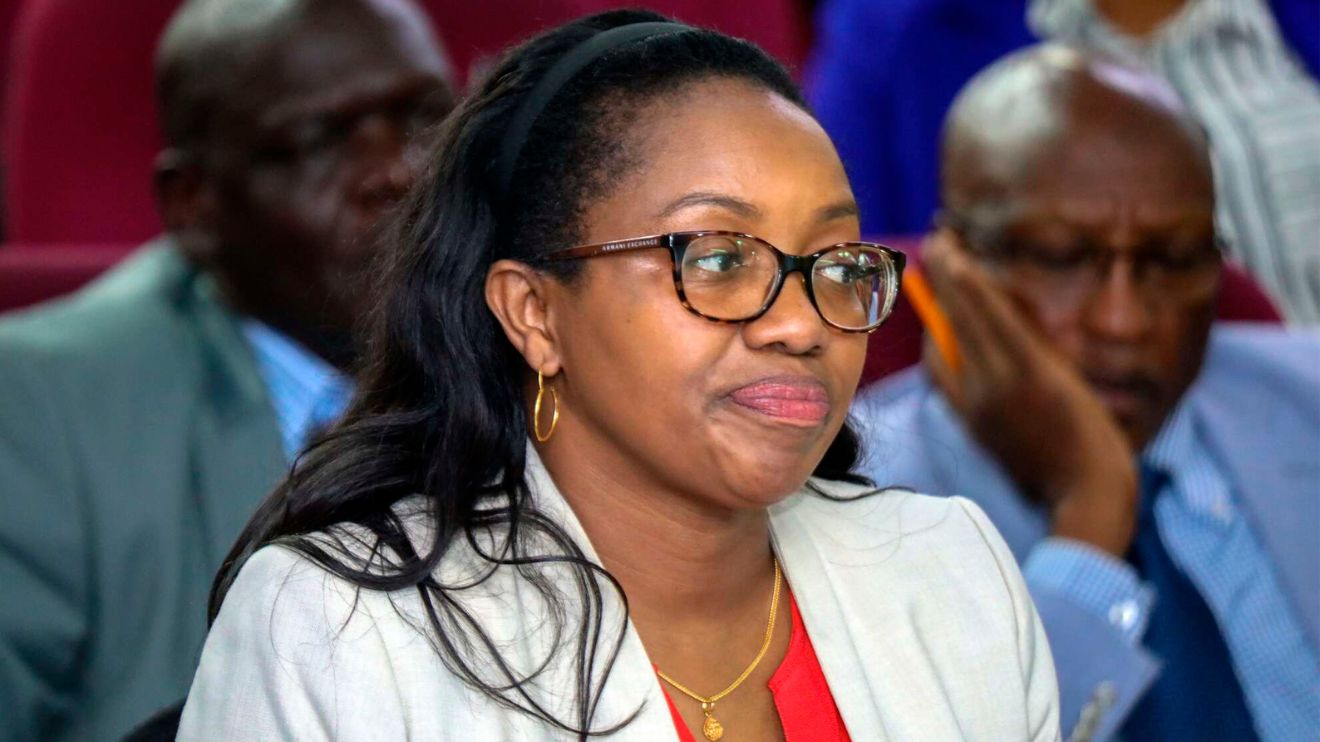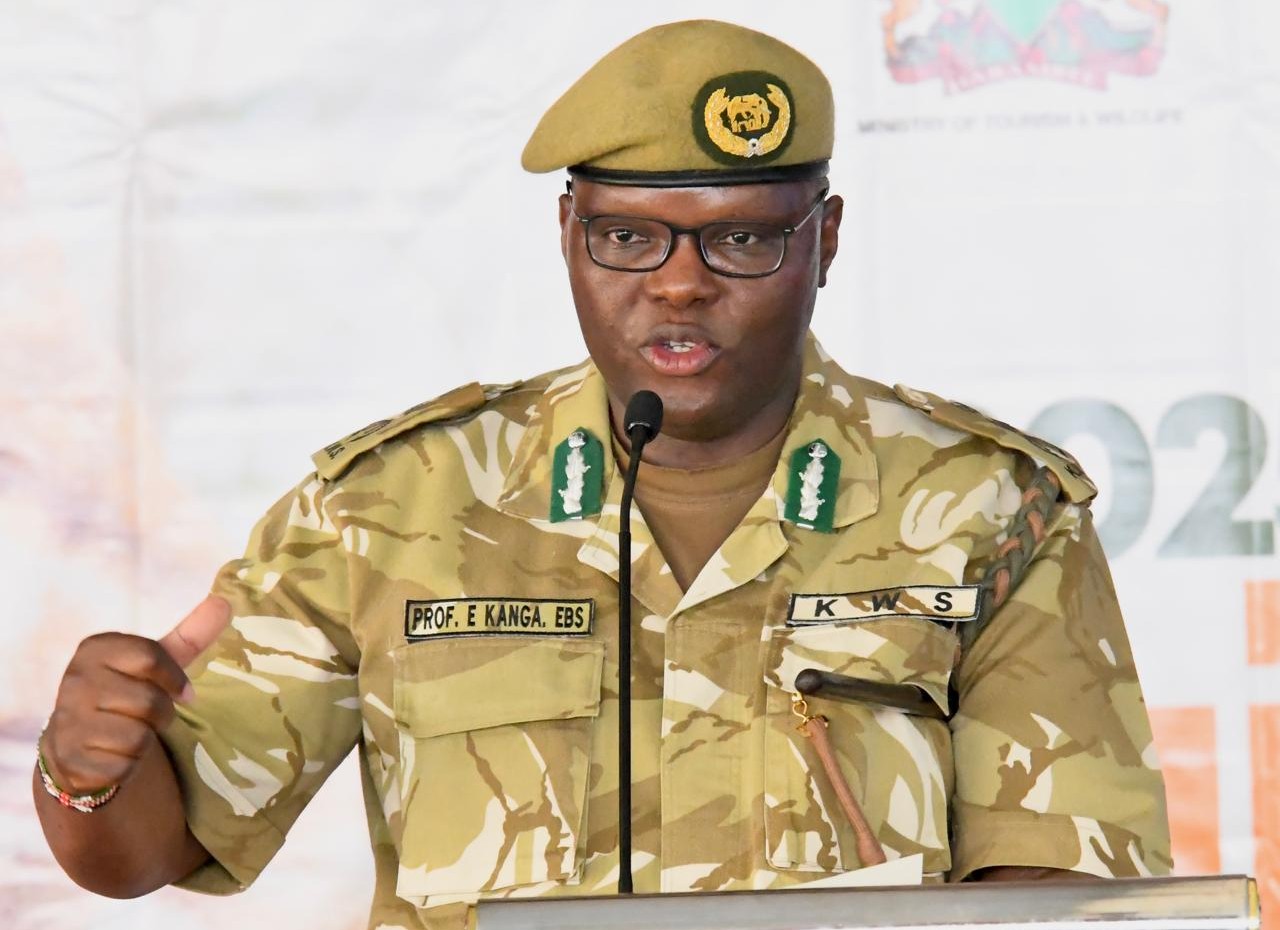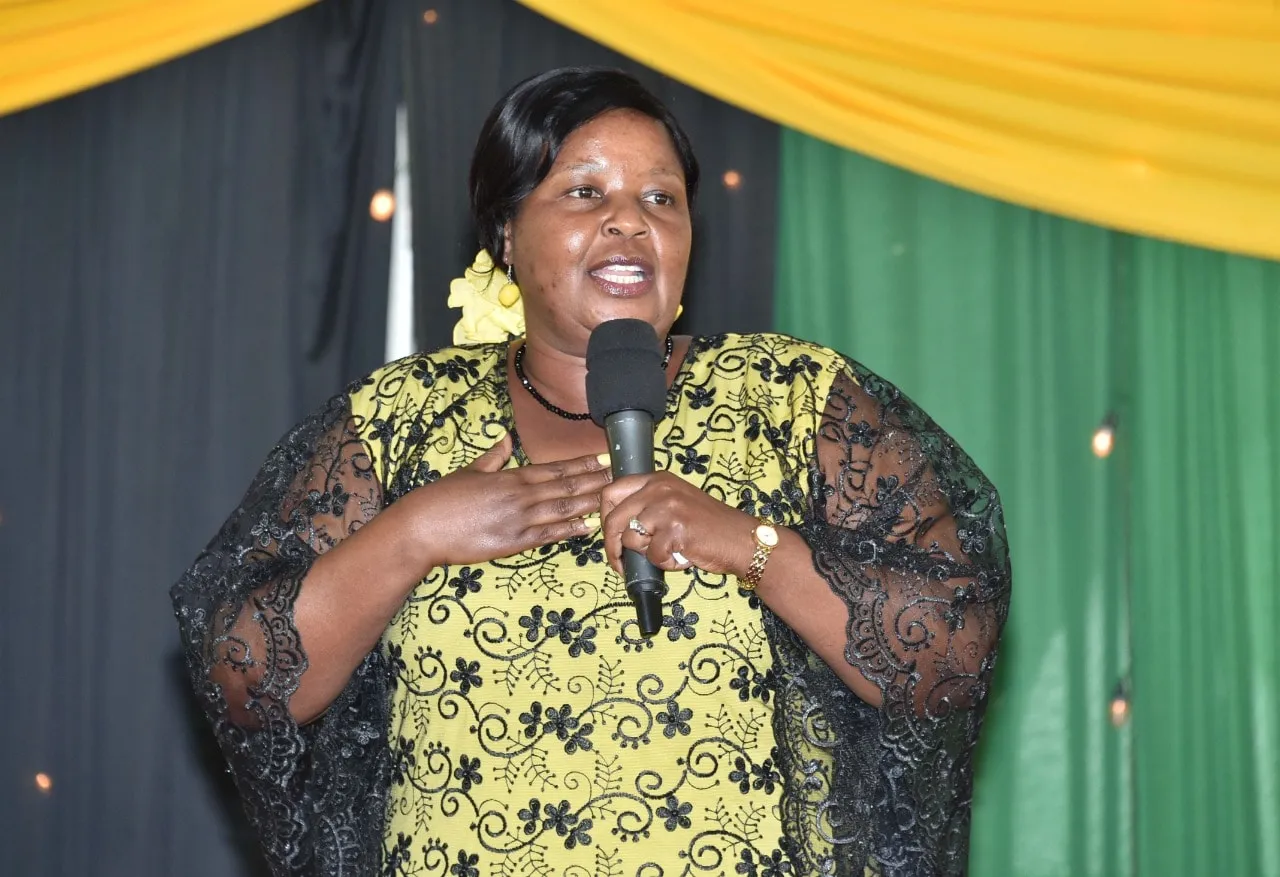By The Weekly Vision Political Desk
President William Ruto is navigating one of the most turbulent phases of his presidency as political disquiet intensifies across the country. Since the untimely passing of Raila Odinga, Kenya’s longtime opposition leader and a master political strategist, talk of Ruto’s possible impeachment has gained traction, fuelled by economic hardship, internal rifts, and eroding public trust.
Although whispers of removal are growing, Kenya’s 2010 Constitution provides Ruto with strong institutional protection. Article 145 stipulates that a president may only be impeached for gross violation of the Constitution, the commission of a crime, or serious misconduct.
Even then, one-third of the National Assembly must endorse the motion for it to proceed, followed by a two-thirds majority vote to send it to the Senate. The Senate must again vote by a two-thirds majority to finalise the impeachment. These legal thresholds were designed to prevent emotional or politically motivated ousters.
At present, Ruto’s Kenya Kwanza Alliance controls a comfortable majority in Parliament. The Speaker of the National Assembly, Moses Wetang’ula, remains one of Ruto’s most dependable allies, using his position to manage dissent and maintain order within the ruling coalition.
Once seen as a potential rival, Wetang’ula now plays the role of protector, ensuring that no impeachment motion against the president easily reaches the floor. However, the relationship between President Ruto and his former deputy, Rigathi Gachagua, has deteriorated sharply. Their public fallout has rattled Mt Kenya, a region critical to Ruto’s re-election come 2027.
Legal scholars observe that Ruto’s humiliation of Gachagua “may consolidate short-term control, but weakens his legitimacy in the eyes of his own supporters.” Meanwhile, Prime Cabinet Secretary Musalia Mudavadi has emerged as a key stabilising force within the administration. Known for his calm demeanour and political sobriety, Mudavadi has become the president’s bridge to Western Kenya and the wider parliamentary establishment.
Political analysts describe him as “Ruto’s insurance policy, the face of moderation and a reminder that Western Kenya is not lost to the presidency.” Alongside Wetang’ula, Mudavadi’s influence continues to anchor Ruto’s hold on power.





